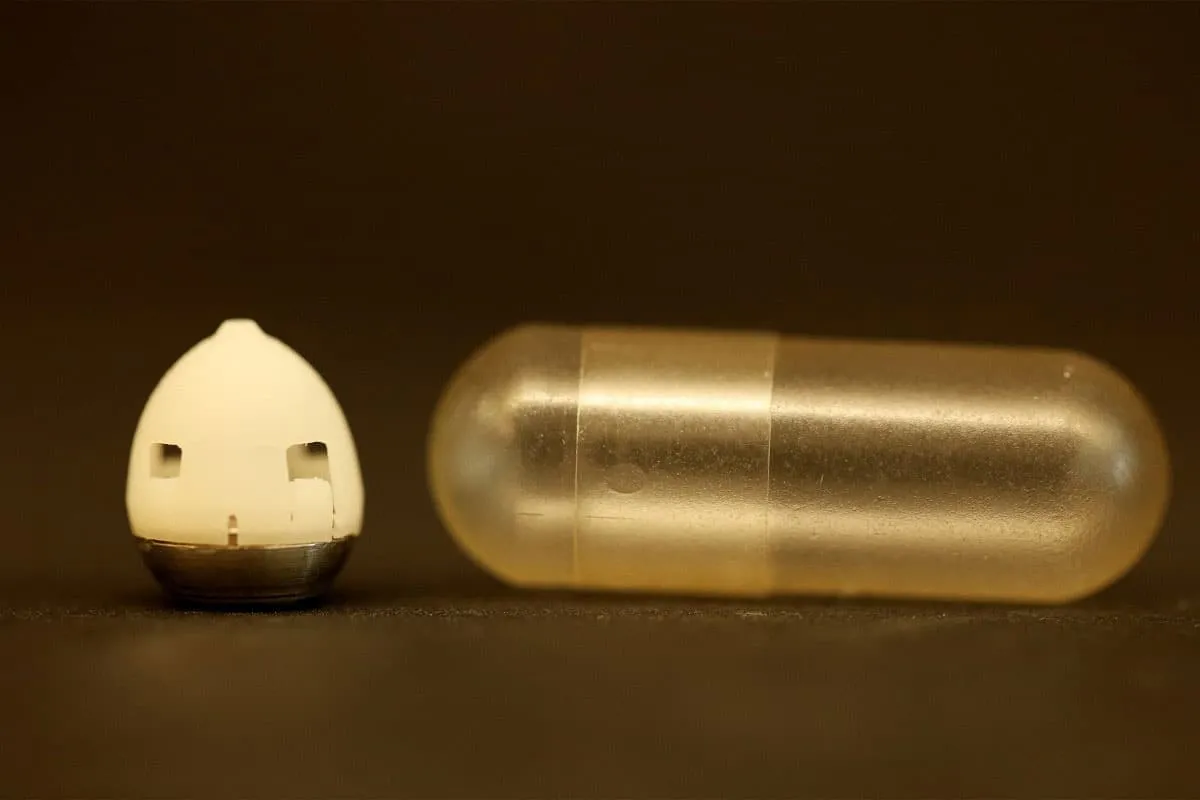It seems science fiction, but it is closer than we imagine. A team of the Massachusetts Institute of Technology (MIT) has developed a chewable capsule that could be used to administer insulin dose, which could replace the injections that people with diabetesType 2 must be administered every day.
Of a size similar to a blueberry, the capsule contains a small needle made of compressed insulin, which is activated once the capsule reaches the stomach.In animals, the researchers showed that they could administer sufficient insulin to reduce blood sugar to levels comparable to those produced by traditional injections, administered through the skin.They have also seen that the device can be adapted to supply other drugs.
"We have a lot of hope that this new type of capsule can help diabetic patients and, it is possible, that to anyone who requires therapies that can now only be administered by injection or infusion," says Robert Langer, of in Stituto David H.Koch, and one of the main authors of the study published in the magazine «Science».
Several years ago, Langer together with the Giovanni Traverso group, of the Brigham and Women's Hospital and the Harvard Medical School (USA) developed a pill covered with multiple small needles that could be used to inject medications in the stomach or intestineslim.
On this occasion, the researchers changed the design to provide it with a single needle, which allows them to inject medications inside the stomach, where stomach acids would decompose them before having any effect.
The point of the needle is made of lyophilized and compressed insulin, and the same process used to form the drugs has been used.The needle axis, which does not enter the stomach wall, is made of other biodegradable material.
The researchers explain that the needle is linked to a compressed spring that is maintained thanks to an album made of sugar.When the capsule is ingested, the water in the stomach dissolves the sugar disc, releasing the spring and injecting the needle into the stomach wall.
Because the stomach wall has no pain receptors, scientists believe that patients could not feel injection.To ensure that the medicine is injected exactly into the stomach wall, they designed their system so that, regardless of how the capsule falls into the stomach, it can be oriented so that the needle is in contact with the coating of it.
In pigs in pigs, the researchers showed that they could successfully administer up to 300 insulin micrograms.And, recently, they have been able to increase the dose to 5 milligrams, comparable to the amount that a patient with type 2 diabetes would need.
After the capsule releases its content, it can pass harmlessly through the digestive system.The researchers did not find adverse effects of the capsule, which is made of biodegradable polymers and stainless steel components.
The MIT team continues to work with Novo Nordisk to further develop technology and optimize the capsules manufacturing process.They believe that this type of drug administration could be useful for any protein drug that should normally be injected, such as immunosuppressants used to treat rheumatoid arthritis or intestinal inflammatory disease.








